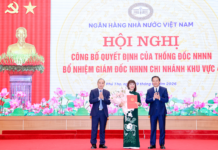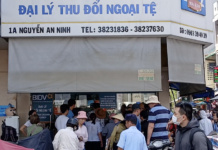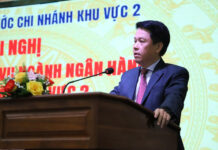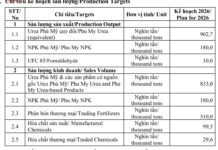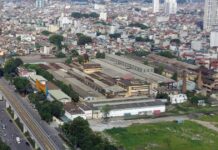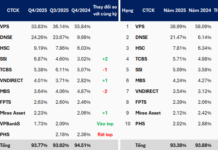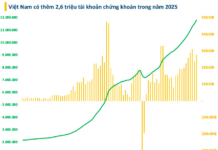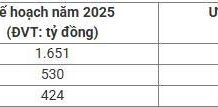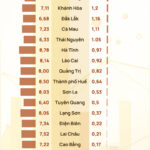In line with the Central Steering Committee’s directives on scientific, technological development, and digital transformation, data sharing across sectors must adhere to the “single-source, shared-use” principle. Given the intrinsic link between land and housing, separate database development would lead to redundancies and inefficiencies.
During the September 24, 2025 meeting, the Ministry of Agriculture and Environment, Ministry of Construction, and Ministry of Public Security agreed: all legal land data, land use rights, and land-attached assets will reside exclusively within the National Land Database. The Ministry of Construction will access this data via interconnectivity rather than redundant collection.
 Illustrative image. Hoàng Hà. |
The Ministry of Construction will leverage existing data through interconnectivity instead of duplicating efforts. Conversely, the Ministry of Agriculture and Environment will access housing and real estate market data from the Ministry of Construction’s database, ensuring harmonized, mutually reinforcing datasets.
Currently, the Ministry of Agriculture and Environment is collaborating with the Ministry of Public Security and local authorities on the “90-Day Data Enrichment and Cleansing Campaign for Land and Housing.” This initiative aims to finalize and launch the integrated system within 2025.
The campaign focuses on standardizing land parcel data, land-attached assets, planning information, land use plans, and land pricing. Simultaneously, it cleanses housing data, transaction records, and property ownership details.
Land policy and resource management experts assert that this unified approach eliminates data redundancies, saving trillions of dong in technology infrastructure, workforce, and operational costs. Interconnected data will also establish a foundation for transparent, precise governance, better serving citizens and businesses.
Once the land and housing databases are integrated, citizens and businesses will seamlessly access legal information, expedite land administration procedures, construction permits, and property transfers with enhanced transparency.
Government agencies will also benefit from a unified database for efficient urban planning, development, and real estate market regulation.
Vũ Điệp
– 11:08 06/10/2025
Proposed Abolition of 30% Investment and Business Conditions in Driver Training
The Ministry of Construction is seeking public input on a draft decree amending and supplementing certain provisions of Decree 160/2024/NĐ-CP regarding driver training and testing. The proposed changes include the elimination of various regulations related to personnel, facilities, and vehicles in driver training, aiming to reduce business conditions by 30% and streamline administrative barriers.
Streamlining Tax Procedures: Easing the Burden on Citizens
To support citizens and businesses, the Ministry of Finance has proposed a significant reduction of up to 44% in administrative procedures. Many tax procedures now fully leverage information technology, operating entirely automatically. Both businesses and individuals anticipate that this streamlining will lead to reduced time and costs.
Digital Transformation: The Catalyst Elevating the Consumer-Retail Ecosystem
Digital transformation is becoming an irreversible trend in the retail industry. In Vietnam, major corporations are increasingly integrating artificial intelligence and real-time data into their operational management, from demand forecasting to supply chain optimization.






